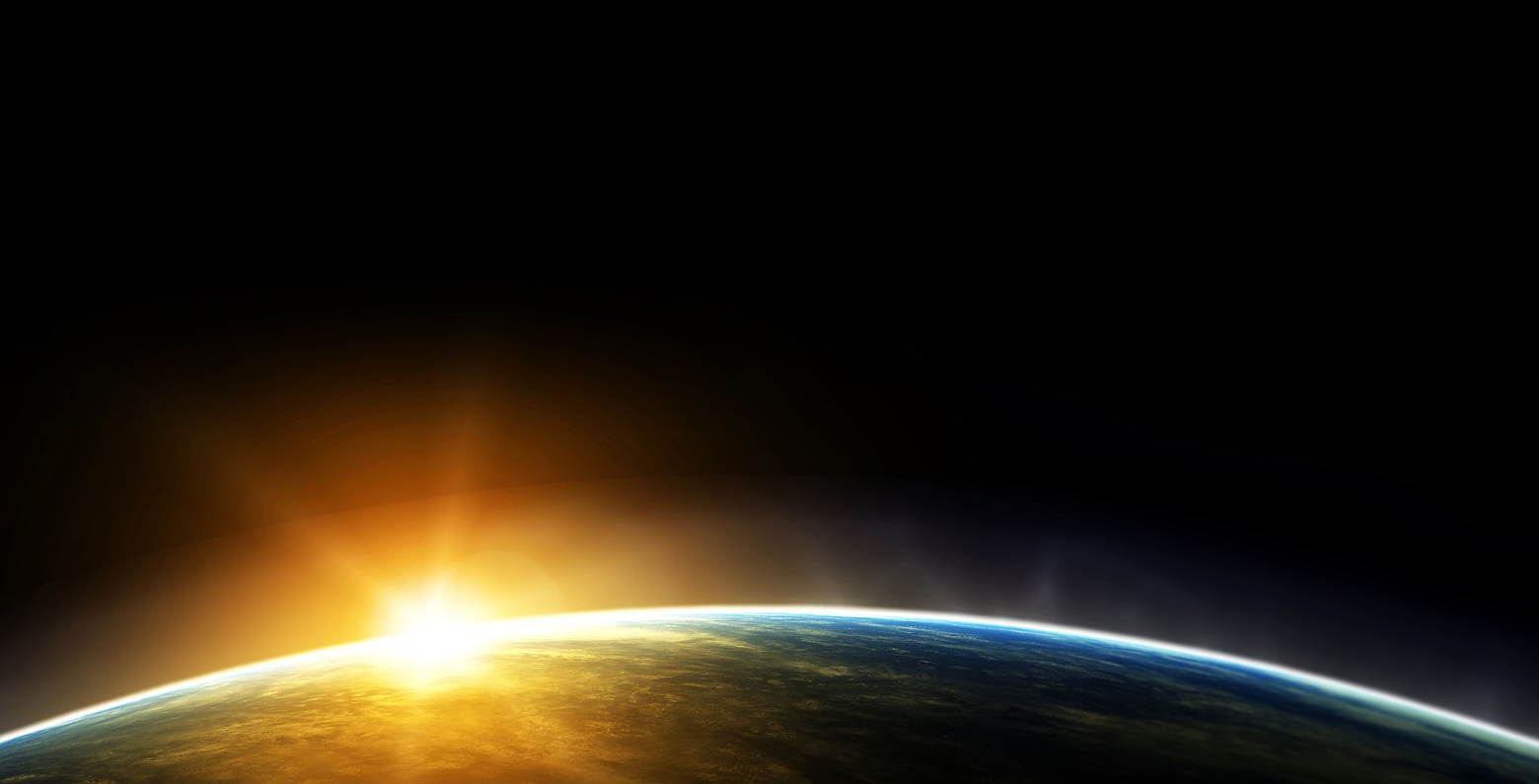We have been taught, for example, that we ought to love our enemies. Now, we don’t really understand what it means to love our enemies. We think it means to be charitable towards them in the hope that we will convert them and so that they will cease to be our enemies. The real reason for loving enemies is that one needs enemies. They’re terribly important to you.
For example, I think that some of you here feel that you belong to a nice set of people. It may be an ordinary kind of bourgeois coterie of pleasant squares, or it may be a church group of some kind, a club, or a special cult, or just a group of friendly drinkers. But at any rate you feel that, by virtue of membership in this society, you belong to a special in-group of nice, or saved, people.
Now, when you consider what nice people talk about when they sit around the dinner table and have an opportunity to nurture their collective ego, you will find that the most fascinating topic of conversation is the nasty people: how awful they are, what dreadful things they do, and what is it all coming to? And this very, very satisfactory condemnatory conversation nurtures your ego.
But people who do that don’t seem to realize that they thereby depend on the nasty people in order to know that they’re nice. They are, as a matter of fact, highly indebted to them.
On the other side of the picture, the nasty people - they, on their side, consider that they really are the best people, and nurture their collective ego by blasting the bourgeoisie, the squares, the WASPs, know-nothings, or whoever they may be. And so for the collective ego of the non-squares, the squares are extremely necessary. If they were to disappear tomorrow, many of us would lose of cause.
Now, the minute you begin to become aware of this, it’s rather embarrassing. It’s, of course, humorous, and I’m glad that you see this. Because at once you begin to realize how much you depend on an enemy, or an outsider, or a group of damned people as distinct from your own group of saved people.
And so you begin to realize that if your collective ego, or your self, depends on your being on the in, but you can only be on the in with relation to something that is out. And since the in and the out are inseparable if there is to be any in or any out, you suddenly discover that “yourself” is bigger than you thought it was. It includes the other and you can’t do without it.
This brings about a fundamental change in the understanding of the meaning and nature of “self.” And thereupon there comes a change of attitude to other people, even if you continue with some formal opposition to them and disapproval of them.
When, then, you are honestly clear with yourself what you like and what you dislike, and then, at the same time, your self begins more and more to include that were hitherto defined as being not yourself, your love - which is what you are - begins to express itself quite naturally and unaffectedly in a wider way.

